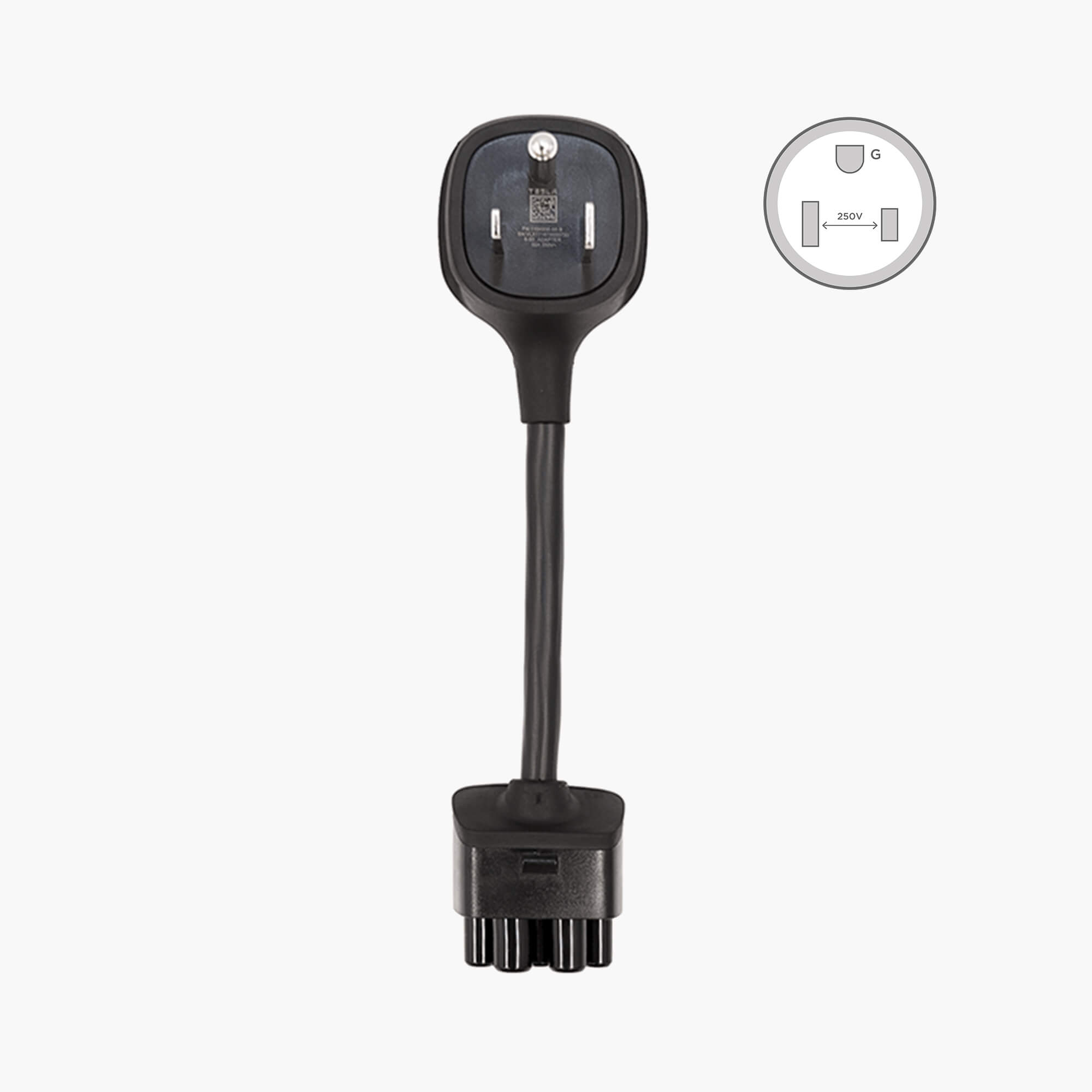I just bought a Model 3 and am learning the charging logistics. I noticed my building has this outlet but it’s too big for the mobile connector that came with my car. What kind of outlet is this? What kind of adapter do I need to enable charging my car through it?

-
Want to remove ads? Register an account and login to see fewer ads, and become a Supporting Member to remove almost all ads.
What is this outlet?
- Thread starter Hiline
- Start date
Similar threads
- Question



